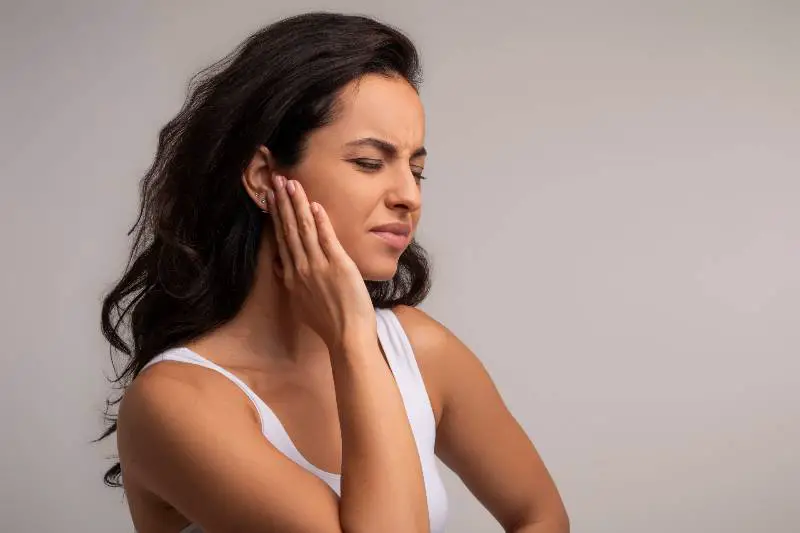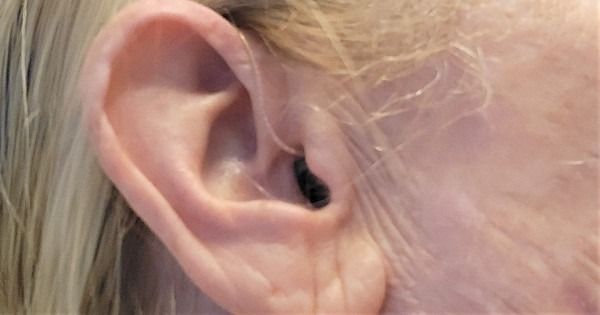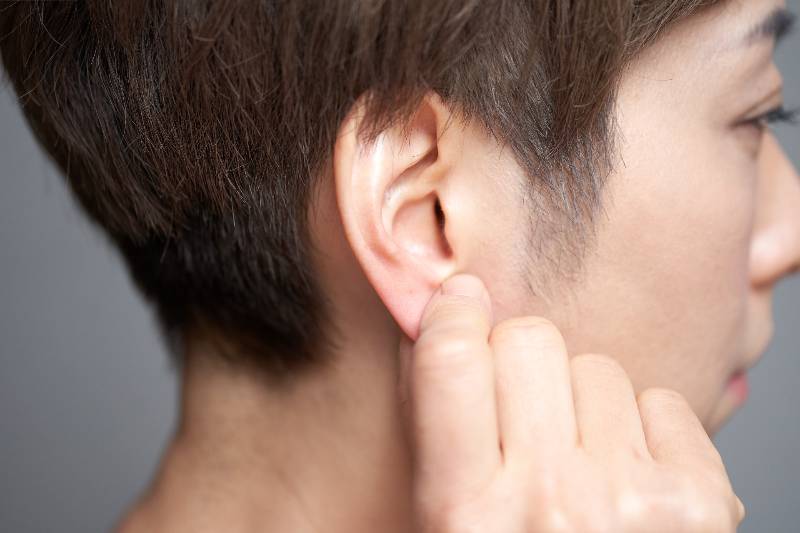Introduction
Meningitis is a serious infection of the membranes that surround the brain and spinal cord. It can be caused by bacteria, viruses, or fungi. Bacterial meningitis is the most common type and is the most serious. It can be life-threatening, even with treatment.
One of the most common complications of bacterial meningitis is hearing loss. Up to 50% of people who survive bacterial meningitis will experience some degree of hearing loss. The hearing loss can range from mild to profound and can affect one or both ears.
There are two main types of hearing loss that can occur after meningitis:
- Sensorineural hearing loss is caused by damage to the inner ear or the auditory nerve. This type of hearing loss is permanent.
- Conductive hearing loss is caused by a blockage in the ear canal or middle ear. This type of hearing loss can often be treated with surgery or other medical interventions.
If you have recently been diagnosed with meningitis, it is important to have your hearing tested. Early detection and treatment of hearing loss can help to improve your chances of a good outcome.
Lipo-Flavonoid Plus, Tinnitus Relief for Ringing Ears
Considered the most effective over-the-counter solution by ENTs, this product comes highly recommended by doctors for reducing ear ringing. Its effectiveness has been acknowledged and trusted by medical professionals in the field.
Please note that exposure to heat or sunlight may cause melting or damage to the product. To ensure the product’s integrity, customers are advised to be present during the delivery process.
Formulated with a natural lemon bioflavonoid complex, this product contains a rich blend of essential vitamins and nutrients such as Vitamins C, B1, B2, B6, B12, Calcium, Choline Bitartrate, Inositol, Niacin, and Pantothenic Acid. These ingredients provide vital nutritional support for the inner ear, making it beneficial for individuals with tinnitus and Meniere’s syndrome.
QUIZ - TREATMENTS OF HEARING LOSS IN CHILDREN
Symptoms and Diagnosis of Hearing Loss After Meningitis
The symptoms of hearing loss after meningitis can vary depending on the severity of the hearing loss. Some people may experience no symptoms at all, while others may experience ringing in the ears (tinnitus), difficulty understanding speech, or difficulty hearing in noisy environments.
If you are experiencing any of these symptoms, it is important to see a doctor for a hearing test. A hearing test can determine the severity of your hearing loss and whether it is caused by meningitis.
What to Look for in Inexpensive Hearing Aids
Diagnostic Tools and Tests for Meningitis-Induced Hearing Loss
There are a number of diagnostic tools and tests that can be used to determine whether you have hearing loss after meningitis. These tests include:
- Otoscopy: This test is used to look at the outer, middle, and inner ear.
- Audiometry: This test measures the softest sounds that you can hear.
- Tympanometry: This test measures the movement of the eardrum and middle ear bones.
- Auditory brainstem response (ABR): This test measures the electrical activity of the brain in response to sound.
Evaluating Meningitis-Related Hearing Loss in Children and Adults
The evaluation of meningitis-related hearing loss in children and adults is slightly different. In children, it is important to evaluate their hearing development. This can be done by comparing their hearing to that of other children of the same age. In adults, it is important to evaluate their hearing ability in relation to their work or other activities.
CBD for Tinnitus: Can It Stop the Ringing?
Early Detection: Importance of Timely Diagnosis for Hearing Rehabilitation
Early detection of hearing loss after meningitis is important because it can help to improve your chances of a good outcome. If you are diagnosed with hearing loss early, you can begin treatment right away. This can help to prevent further damage to your hearing and improve your quality of life.
There are a number of treatment options available for hearing loss after meningitis. These options include:
- Hearing aids: Hearing aids can amplify sound and make it easier to hear.
- Cochlear implants: Cochlear implants are electronic devices that can restore hearing in people who have severe or profound hearing loss.
Conclusion
Meningitis is a serious infection that can cause a number of long-term complications, including hearing loss. If you have recently been diagnosed with meningitis, it is important to have your hearing tested. Early detection and treatment of hearing loss can help to improve your chances of a good outcome.








